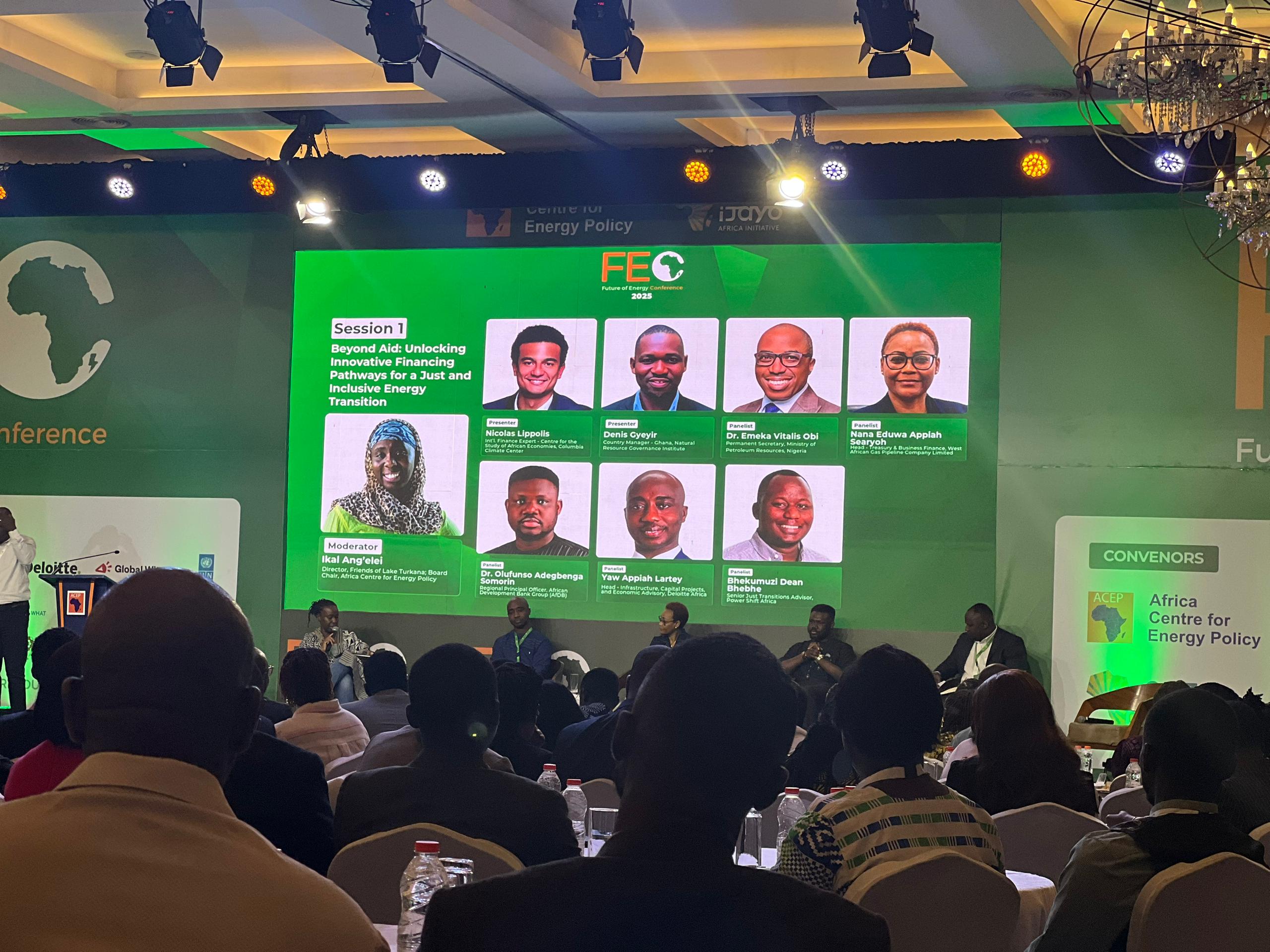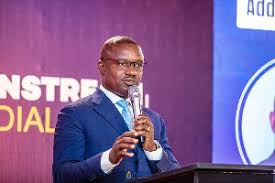FEC 2025: Energy Minister Warns African Gov’ts Cannot Sustain Energy Financing Burden; Urges Stronger Private Sector Role in Continent’s Energy Financing
Minister for Energy and Green Transition, John Jinapor, has called for stronger collaboration between governments, the private sector, and multilateral institutions to finance Africa’s energy transition, cautioning that African governments cannot continue to shoulder the bulk of energy investments on the continent.
Speaking as Guest Speaker at the 2025 Future of Energy Conference (FEC) in Accra, themed “Financing Africa’s Energy Future: Unlocking Investments for Energy Access and Economic Transformation,” Mr Jinapor revealed that about 80% of energy investments in Africa are currently borne by governments, a situation he described as unsustainable given the continent’s financing gap.
“Whilst we require billions, we are able to mobilise just about 10% of what is needed to meet Africa’s energy demand. African governments alone cannot resolve this challenge. We need the private sector, civil society, NGOs, and international bodies to achieve this objective,” the Minister stated.
Mr Jinapor stressed that reliable, affordable, and sustainable energy is pivotal for industrialisation and inclusive economic growth. Yet, he noted, the continent’s energy access deficit remains severe, with 600 million Africans living without electricity, sub-Saharan Africa recording nearly half of its population without access, and rural electrification rates as low as 25%.
“Energy poverty must be dealt away with if Africa is to achieve inclusive economic growth and secure its rightful place within the global economy,” he said, adding that collaboration and innovation are crucial to addressing the continent’s challenges.
The Minister outlined Ghana’s own initiatives, including the rollout of an energy transition framework to decarbonise the power and petroleum sectors, the establishment of a Renewable Energy and Green Transition Fund to mobilise capital for low-carbon projects, and plans to expand solar mini-grids to underserved communities.
He disclosed that a project has been launched to connect 150 island communities to power through utility-scale solar, while green hydrogen studies and Ghana’s nuclear energy programme are also underway.

On regional cooperation, Mr Jinapor said Ghana continues to strengthen its role in the West African Power Pool, supplying power to Togo, Benin, Burkina Faso, and Côte d’Ivoire. He further revealed ongoing discussions with Nigeria on a barter arrangement to generate power from Nigerian gas for re-export back to Nigeria.
He added that Ghana is preparing to roll out electric vehicles (EVs) within government ministries as part of efforts to promote green mobility.
Speaking further, the Minister, however, cautioned that Africa’s energy transition must be carefully calibrated to avoid undermining industrial growth and job creation.
“We are for green transitions and renewables, but it ought to be done in a carefully thought-out manner so we do not dislocate our economies,” he stated, emphasising the need for local processing of critical minerals, clean energy technology manufacturing, and skills development to anchor the transition.
Mr Jinapor also highlighted financing instruments such as bond markets, carbon trading, and blended green funds as avenues to mobilise the competitive and sustainable capital required for Africa’s energy future.
“In making our energy system sustainable, we make our economies resilient. In making them inclusive, we uplift millions out of poverty. And in making them competitive, we position Africa as a strong voice in the global energy transition,” he concluded.
The FEC, organised annually by the Africa Centre for Energy Policy (ACEP), provides a platform for policymakers, industry leaders, multilateral agencies, and civil society actors to deliberate on governance, innovation, and financing mechanisms to accelerate Africa’s energy transformation.








